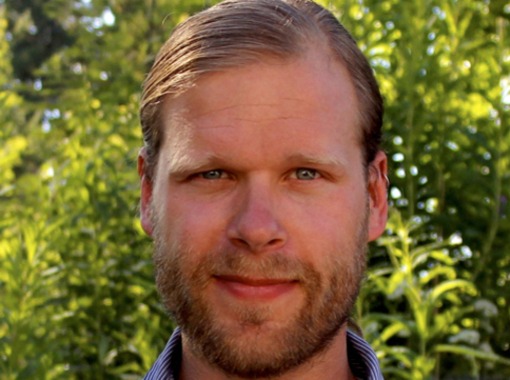Spinoza on Meditatio: Spiritual Exercises and the Habit of Virtue

Aðalbygging
Room A220
In the spring of 2023, the Institute of Philosophy hosts a series of work-in-progress sessions where various junior researchers at the University of Iceland present or discuss their research. The speaker for the third session is Kasper Kristensen, a philosopher specializing in early modern philosophy. His research focuses on moral and political philosophy, theories of emotions, techniques of epistemic perfection and ethical cultivation, and philosophical method. At the moment, he prepares a post-doctoral project on early modern theories of habit, virtue, and habituation. This event will be in English.
Place and time: March 30 at 15-16:30 in the UI's main building, room A220
Title and abstract: Spinoza on Meditatio: Spiritual Exercises and the Habit of Virtue
As part of an influential current in the seventeenth-century philosophy, Spinoza regards unruly emotions or passions as a major obstacle for philosophical thinking, ethical progress, and happiness. Hence, a central part of his philosophy concerns the means to control one’s passions. Traditionally, Spinoza’s remedies for the passions are interpreted as cognitive therapy. In this reading, agents can achieve control of their passions by replacing the erroneous beliefs grounding passions with adequate understanding. By directing thoughts and actions according to true knowledge, agents can gain peace of mind and happiness. In my talk, I challenge this view and argue that Spinoza’s remedies involve spiritual exercises that aim at replacing deep rooted habitual responses to passions with virtuos ones. Without such habituative exercises, theoretical understanding is likely to remain ineffective to change agents’ responses to passions. The aim of Spinoza’s remedies is to render knowledge practicable and enable agents to achieve a habit of virtue, which makes virtuous responses to passions almost instinctive, like a second nature. My reading of the remedies shows more broadly that Spinoza’s ethics belongs to the tradition of virtue ethics and should be read as part of the early modern cultura animi tradition.
In the spring of 2023, the Institute of Philosophy hosts a series of work-in-progress sessions where various junior researchers at the University of Iceland present or discuss their research. The speaker for the third session is Kasper Kristensen, a philosopher specializing in early modern philosophy. His research focuses on moral and political philosophy, theories of emotions, techniques of epistemic perfection and ethical cultivation, and philosophical method.



